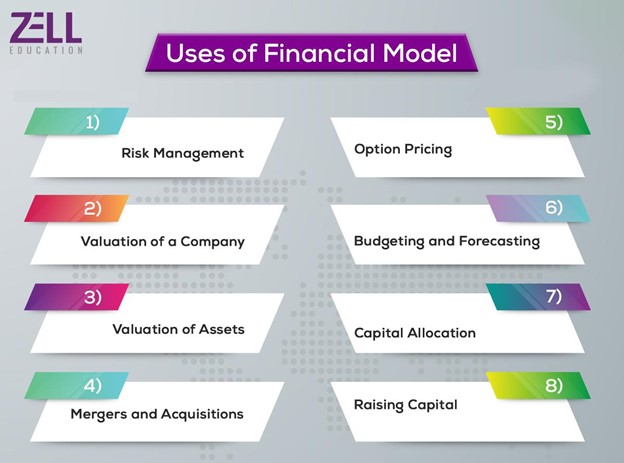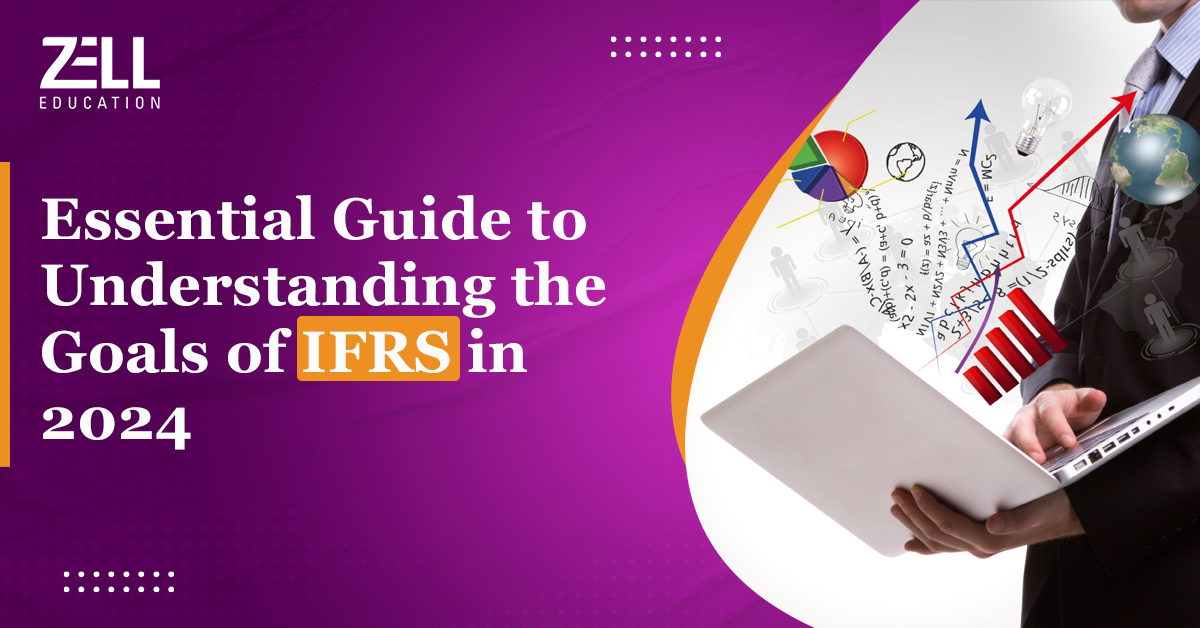What is Financial Modelling? Course Details, Syllabus, Eligibility & Skills
Financial modelling is the process of either building a financial plan from scratch or remodelling or restructuring an existing financial model. Since finance is a dynamic field that brings in new prospects and opportunities every year, preparing a model that meets the company’s long-term and short-term goals can be a complicated process. That’s why a Financial Modelling professional identifies these new opportunities that may arise and forecast how they may bring more revenue to the company in return for the investment made.
Financial modelling is the first step to any business action or project execution. Without a proper plan/financial model, no business can start investing in a new venture or growth activities. A Financial Modelling Analyst has to create an end-to-end plan based on prior data, potential opportunities, forecasts, and predictions. Financial modelling, as a profession, is gaining massive popularity in India and abroad. If you are interested in taking it up then here’s everything you need to know about this course.
Financial Modelling and Valuation Analyst Course Details
To update you with the quick facts on the FMVA course, here are some quick details to give you an insight on what this course is all about.
Financial Modeling and Valuation Analyst Course Details
To update you with the quick facts on the FMVA course, here are some quick details to give you an insight on what this course is all about.
| FMVA Full Form | Financial Modeling and Valuation Analyst Course |
| Complimenting degree | B.Com, BBA, M.Com, MBA, diploma |
| Duration | The financial modelling course can be pursued as different types of degrees/certifications based on the knowledge you require in this field.
Undergraduate: 3 years Postgraduate: 2 years Certificate: 2 days to 6 months Diploma: 1 to 2 years |
| Eligibility | UG: 10+2
PG: Bachelor’s degree Certificate: 10+2 Diploma: 10+2 |
| Career options after Financial Modelling | Investment Banking
Equity Research Corporate Finance Real Estate Commercial Banking Venture Capital |
| FMVA salary range | 4.5 LPA to 7.5 LPA |
| Top hiring companies | JP Morgan
Ernst & Young CRISIL Thompson Reuters Refinitiv Morgan Stanley Accenture Genpact |
| Course fees | Certificate Course on Financial Modelling: INR 7000 to INR 40,000
B.Com (Hons.) in Financial Modelling: Approx INR 90,000 + GST PG in Financial Modelling: Approx INR 3,00,000 |
| Best complimenting degree | Chartered Financial Analyst |
Financial Modelling Core Subjects
A bachelor’s degree in Financial Modelling could take around 3 to 4 years whereas a diploma course will take around 1 to 2 years, and if you happen to choose a short-term online course then expect a learning journey as short as 2 weeks. Here are some of the major concepts you’ll be learning if you complement your CFA degree with a Financial Modeling course.
- Corporate Finance
- Portfolio Management
- Cost of Capital
- Estimation of Risk and Return of Portfolio
- Modelling the Determinants of Capital Structure
- Testing of CAPM, APM, and MFM
- Agency Conflict and Dividend Policy
- Optimal Portfolio Section (Application of Markowitz, Sharpe, Lagrange Multiplier and Utility Models)
- Construction of Corporate Governance Index
- Construction of Index Fund and Stylized Funds in the Mutual Fund
- Financial Market
- Risk Management
- Financial Market Integration (Application of Co-integration)
- Fixed Income Securities: Duration, Convexity and Value at Risk
- Efficient Market Hypothesis (Application of Time Series Models)
- Assessment of Risk in Equity market through Value-at-Risk
- Financial market Instability: Measurement and Construction of Instability
- Financial market Forecasting: Interest rate, Exchange Rate and Stock Price
- Risk management in Insurance Companies: Solvency-I and II
- Risk Management through Derivatives (Future, Option and Swaps)
Financial Modelling Course Eligibility
Since the Financial Modelling Course can be pursued as either as an undergraduate degree, postgraduate degree, diploma degree or a short-term certificate course, the eligibility criteria for each of them differ.
Here are the course-wise eligibility criteria to help you prepare better for Financial Modelling courses :
Undergraduate: 10+2 From a recognised university
Postgraduate: Bachelor’s Degree From a recognised university
Certificate: 10+2 From a recognised university
Diploma: 10+2 From a recognised university
Skills Required To Become a Financial Modelling Expert
As mentioned earlier, financial modelling is the first step to the right financial planning and organisational growth. This profession not only requires some cutting-edge research skills but also data management and planning skills. Here are some of the top skills required an ideal Financial Modelling Expert needs to possess in order to take their career to the next level.
- Thorough research on the market trends, consumer behavior, and product needs
- Knack to identify the current market opportunities and include them in the financial model
- Ensuring the financial model is in line with the company’s long-term goals
- Using your analytical skills to analyse the latest financial data
- Creating a financial model based on the data
- Ensuring great problem solving and communication skills
We hope that with this detailed article on Financial Modelling you have received an in-depth understanding of what the profession looks like and what to expect. If you are interested in getting into this exciting and equally dynamic field, then pursuing a CFA degree post this course is the direction to take. To know more about the Chartered Financial Analyst course click on the WhatsApp icon at the side of this blog and get in touch with our experts directly.
FAQ
How much does a financial modelling course cost?
The financial modelling Certificate Course costs around INR 7000 to INR 40,000. The B.Com (Hons.) in Financial Modelling costs approximately INR 90,000 + GST. And the Post Graduate degree in Financial Modelling costs Approximately INR 3,00,000.
Are financial modelling courses worth it?
Financial modelling courses when complemented with a Chartered Financial Analyst degree boost your career prospects to an international level and open doors to the best opportunities. This surely makes financial modelling courses worth it.
Is financial modelling in demand?
Yes, Financial Modelling Experts are always in demand as with the changing times it is becoming extremely important for organisations to operate only with the help of the right financial model.
Is Financial Modelling difficult?
Financial modelling, as a course, is moderately difficult. However, with the right coaching and mentorship, it can be quite a seamless learning journey.











